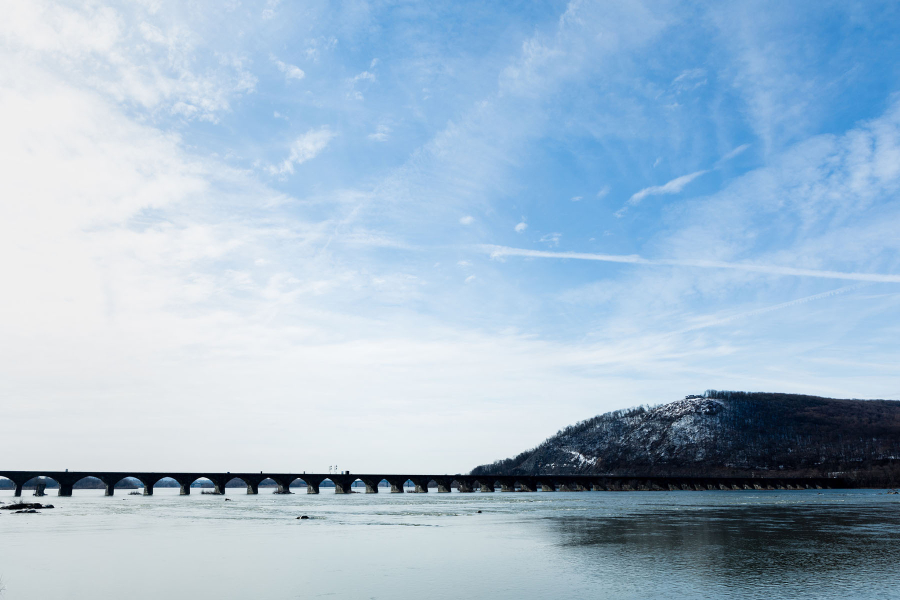Pennsylvania launches development of fresh plan to tackle water pollution
Public kickoff for Phase III WIP planning takes place in Harrisburg

Close to 240 Pennsylvanians gathered in Harrisburg earlier this month to tackle a monumental task: meeting the state’s targets in the watershed-wide effort toward a clean Chesapeake Bay. Representatives from local governments, farm communities, river conservancies, businesses, schools and other industries spent the six-hour public meeting providing comments on Pennsylvania’s draft plan to reduce pollution and suggesting actions they believe are necessary to improve the health of the Commonwealth’s waterways.
In 2010, the U.S. Environmental Protection Agency (EPA) established the Chesapeake Bay Total Maximum Daily Load (TMDL)—also known as the Bay “pollution diet”—which sets limits on the amount of nitrogen, phosphorus and sediment allowed to run into the Bay each year. To meet these goals, the seven Bay jurisdictions of Pennsylvania, Maryland, Virginia, Delaware, West Virginia, New York and the District of Columbia created a series of roadmaps, or Watershed Implementation Plans (WIPs), describing how each will achieve the pollution reductions called for in the TMDL. Phase I and II WIPs were developed in 2010 and 2012, respectively, and efforts to develop Phase III WIPs are currently underway.
Each jurisdiction will develop a plan tailored to their area needs. Pennsylvania, behind on its Phase I and II goals, is zeroing in on increasing reductions from the agricultural sector for its Phase III WIP. The state is responsible for 69 percent of remaining nitrogen reductions needed in the watershed, and roughly 80 percent of those reductions are slated to come from this sector. Pennsylvania Secretary of Agriculture Russell Redding praised the voluntary efforts already taking place in farming communities across Pennsylvania’s 43 Bay counties, but noted that efforts must be redoubled in the newest WIP to “recognize the co-equal goals of improving water quality while preserving healthy and viable farms.”
“We want vital communities. We need healthy farms. We need economic development, jobs and thriving businesses. All of this depends on clean water sources,” said Pennsylvania Department of Environmental Protection (DEP) Secretary Patrick McDonnell. “[We need to] empower communities to create shared solutions.”
Three participant-led, self-managed breakout sessions allowed attendees to submit comments on flip boards set up around the room. They discussed such topics as key elements needed for success, groups or agencies that should be involved, how to ensure all voices are heard in the process, measurable outcomes to include and how to work together to reach them by 2025. At the end of the day, the participants’ comments were collected for consideration by workgroups that will be drafting the Phase III WIP.
Interested parties can offer additional comments through the Pennsylvania DEP website until July 7.

Comments
There are no comments.
Thank you!
Your comment has been received. Before it can be published, the comment will be reviewed by our team to ensure it adheres with our rules of engagement.
Back to recent stories